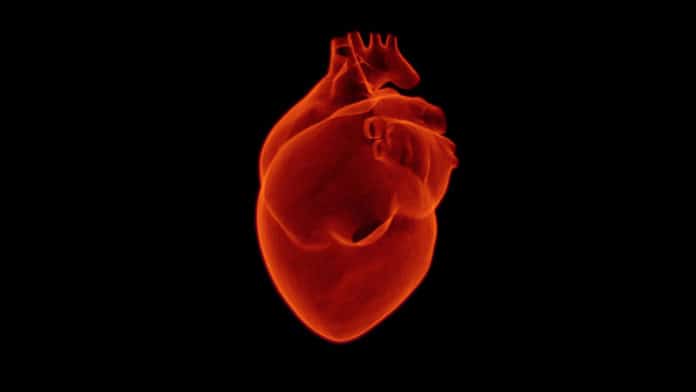Scientists at the University of Oxford used AI to develop a new biomarker, or ‘fingerprint’ called fat radiomic profile (FRP). The technology could identify people at high risk of a fatal heart attack at least five years before it strikes by detecting biological red flags in the perivascular space lining blood vessels that supply blood to the heart.
Currently, there are no methods routinely by specialists that can spot the majority of the fundamental warnings for a future heart attack.
For this study, scientists primarily used fat biopsies from 167 people undergoing cardiac surgery. They then analyzed the expression of genes related to inflammation, scarring, and new blood vessel formation and matched these to the CCTA scan images to figure out which highlights best demonstrate changes to the fat encompassing the heart vessels, called perivascular fat.
Later, scientists compared the CCTA outputs of the 101 individuals, from a pool of 5487 people, who went on to have a heart attack or cardiovascular demise within 5 years of having a CCTA with matched controls who did not comprehend the changes in the perivascular space which demonstrate that somebody is at higher danger of a heart assault.
Utilizing AI, they built up the FRP fingerprint that captures the level of risk. The more heart scans that are included, the more exact the forecasts will become.
Testing the FRP on 1,575 people in the SCOT-HEART trial, scientists found that the FRP had a striking value in predicting heart attacks. What’s more, the technology is expected to enable a greater number of people to avoid a heart attack and we plan to roll it out to healthcare professionals in the next year, with the hope that it will be included in routine NHS practice alongside CCTA scans in the next two years.
Charalambos Antoniades, Professor of Cardiovascular Medicine and BHF Senior Clinical Fellow at the University of Oxford said: “Just because someone’s scan of their coronary artery shows there’s no narrowing, that does not mean they are safe from a heart attack.”
“By harnessing the power of AI, we’ve developed a fingerprint to find ‘bad’ characteristics around people’s arteries. This has huge potential to detect the early signs of disease, and to be able to take all preventative steps before a heart attack strikes, ultimately saving lives.”
“We genuinely believe this technology could be saving lives within the next year.”
Professor Metin Avkiran, Associate Medical Director at the British Heart Foundation, said: “Every 5 minutes, someone is admitted to a UK hospital due to a heart attack. This research is a powerful example of how innovative use of machine learning technology has the potential to revolutionize how we identify people at risk of a heart attack and prevent them from happening.”
“This is a significant advance. The new ‘fingerprint’ extracts additional information about underlying biology from scans used routinely to detect narrowed arteries. Such AI-based technology to predict an impending heart attack with greater precision could represent a big step forward in personalized care for people with suspected coronary artery disease.”
The findings are being presented at the European Society of Cardiology (ESC) Congress in Paris and published in the European Heart Journal.
